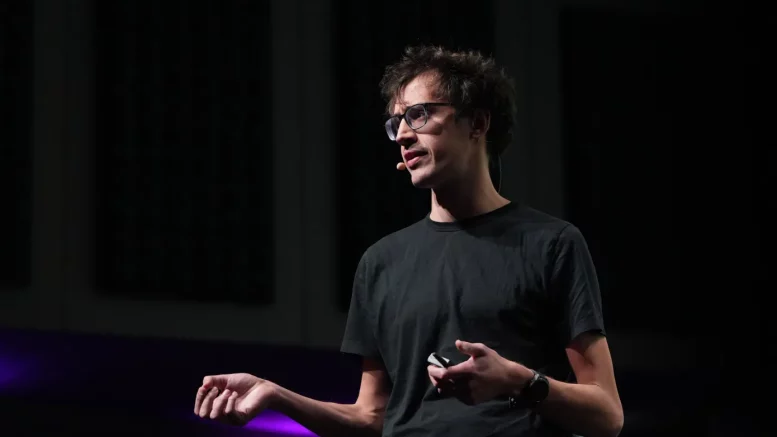In the race to develop superior Large Language Models (LLMs), some contenders seem to establish dominance swiftly. OpenAI, the American organization behind ChatGPT, appears to hold a significant lead. With the creation of GPT-4, touted as the world’s most powerful LLM, OpenAI’s stronghold in the field is evident. The company’s strategy involves acquiring talent, data, and computing power to enhance its models continuously. This strategy attracts more users and subsequently more capital, fostering the development of even more advanced models.
However, a French startup named Mistral seeks to disrupt this AI landscape. On February 26th, it introduced a new LLM named Mistral-Large. Despite being smaller in terms of parameter count compared to GPT-4, Mistral-Large almost matches its performance, especially in crucial areas like reasoning. Additionally, Mistral unveiled Le Chat, a competitor to ChatGPT powered by Mistral-Large. Furthermore, a strategic collaboration with Microsoft, a major AI player with an existing partnership with OpenAI, was announced. Microsoft will make Mistral’s models available through its Azure cloud platform and also hold a minority stake in Mistral.
Mistral’s emergence signals a shift towards a more diverse and less American-dominated AI industry. If it manages to pose a serious challenge to OpenAI, it would validate the notion that size isn’t the sole determinant of success in generative AI. Arthur Mensch, Mistral’s CEO, emphasizes the importance of creativity and agility over sheer size in this evolving landscape.
Despite being founded less than a year ago and having a modest workforce of 25 employees, Mistral has quickly risen to prominence. Its LLMs lead the growing cohort of open-source models, offering transparency and modifiability. This approach has attracted substantial funding, totaling €490 million, and backing from prominent investors including Silicon Valley venture capitalists and tech luminaries.
Mistral’s success is attributed to its adept combination of talent, data, and computing power, along with a savvy political strategy. Its founders, products of France’s elite technical schools, possess expertise honed at research labs of major tech companies. Particularly noteworthy is Mistral’s prowess in data curation, allowing for more efficient model training and smaller model sizes. This not only reduces costs but also grants customers greater flexibility in model deployment.
Political connections have also played a role in Mistral’s ascent. With a former French digital minister among its co-founders, Mistral has secured support from the highest levels of government. This political backing proved instrumental in navigating regulatory challenges, safeguarding Mistral’s competitive edge.
Looking ahead, Mistral aims to translate its early success into profitability. By offering customers greater control and flexibility compared to proprietary models like those of OpenAI, Mistral anticipates capturing a significant market share, particularly among European businesses. However, uncertainties remain regarding regulatory frameworks for open-source models and potential misuse concerns.
As the debate surrounding the regulation and impact of open-source models evolves, Mistral faces both opportunities and challenges. While regulatory leniency could foster more competition, it also heightens the need for responsible development and usage of AI technologies. Ultimately, Mistral’s ability to balance technical innovation with political acumen will shape its trajectory in the dynamic landscape of generative AI.

